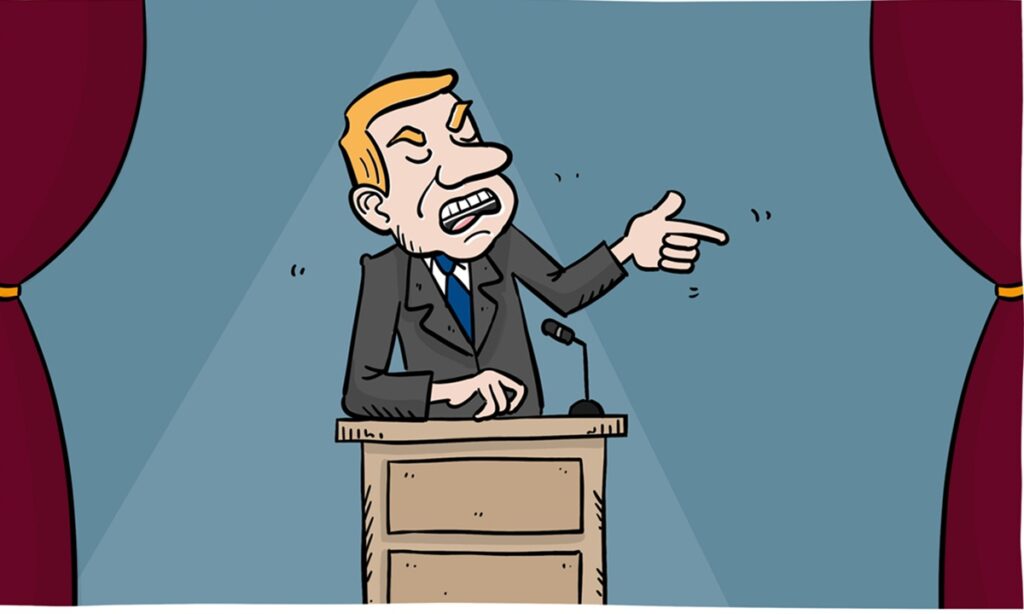A delegation sent by the European Parliament’s Special Committee on Foreign Interference in all Democratic Processes in the European Union, including Disinformation (INGE), arrived in the island of Taiwan on Wednesday. The delegation is composed of seven European parliamentarians led by Raphael Glucksmann, a French MEP sanctioned by China in March. The group and Taiwan touted the tour significant as the first formal delegation sent by the European Parliament to Taiwan.
The delegation reflects the clear hostility of some European parliamentarians toward China. They take advantage of the Taiwan question to create trouble for Beijing and raise their own values. Glucksmann said the island is already “a democratic model in Asia,” and “I will continue, always, to stand with those who fight for democracy and human rights.” He is trying so hard to promote the provocative visit to a level worthy of applause from Western public opinion.
Chinese authorities may just as well tone down their response to the provocations of Western lawmakers. In the Western system, parliamentarians are so-called “representatives of the public.” To get noticed, their main job is to shout with the banner of “morality” and radical posture. They have no real power and are not responsible for the functioning of society. With no real power, they are part of the Western-style political system that embodies “freedom of speech.” When there is a conflict with China, they are always the ones with the fiercest reactions. This is their political nature.
Members of the European Parliament are more idle than parliamentarians from other countries and keener to attract attention. In many cases, they are equivalent to China’s internet celebrities. As many of them are not well-known, they are only equivalent to mediocre or small celebrities. When China becomes a hot topic and defined as a “challenge,” think about how much they will be tempted to affect the original framework of European relations with China to be noticed.
The Western system determines that many parliamentarians will be “anti-China,” and that their administrative officials will sometimes voice opinions to cater to the general dissatisfaction and extreme sentiments toward China’s rise. When China attaches importance to relations with another country, society will form a certain degree of self-consciousness to respect that country and not engage in opposing public opinion. But the situation is different in the West. There has long been room for an anti-China sentiment in the West. Now that the West has resisted China’s rise, anti-China performances have been given more momentum.
China should not pay much attention to Western parliamentarians’ anti-China performances in the future. Instead, China should focus on major incumbent officials. There will be more extreme words and deeds from parliamentarians, whose goal is to attract attention. If we frequently argue with them, it will consume our energy and resources, and will allow them to spread the influence of their anti-China opinions and acts. They will only find being anti-China more profitable and thus act more rampantly.
Trade is paramount in China’s relations with Western countries. There are bound to be challenges in ideology between China and the West. We should not expect mainstream public opinion in Western countries to be “pro-China.” If China were poor, they might show us a friendly gesture with a sense of superiority. The stronger and more prosperous China is, the more they will face us with complaints and even resentment.
We are not advocating that Western lawmakers and anti-China tendencies in public opinion be left alone, or discard efforts to influence them. Instead, attempts should be made, but we will never get angered by some of their provocations. We are aware that Western lawmakers and media outlets are “just like that,” and understand that the real influence of Western lawmakers is far less than the impression they want to create.
The seven members of the European Parliament hope to make their visit a “big event” and become the focus of confrontation between China and Europe. As a result, they can become the “anti-China stars” in Europe. We cannot remain indifferent to their visit, but we cannot allow their goals to succeed. We need to try to find out how to deal with Western anti-China lawmakers under new historical conditions.




